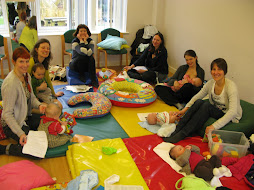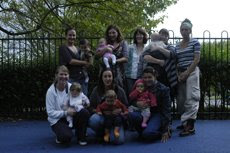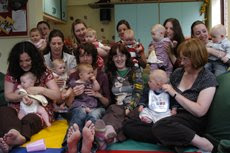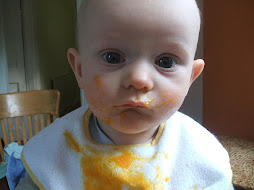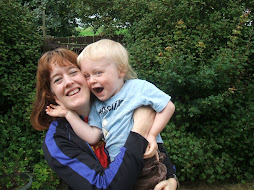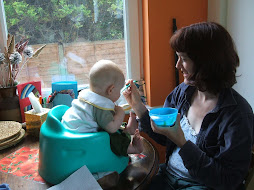Woo made hungry noises with his lips. He kneaded his
Mothers breast to encourage the milk flow.
It was past his bedtime, but he couldn’t settle.
It took a while for him to drop off.
A floorboard creaked beneath his mothers weight as she crept away, rough skin on the soles of her feet made scuffing sounds on the new carpet.
Woo heard her leaving his room, but he was too tired to fight sleep tonight. So sleep won.
It wasn’t long though, before he had his first visitor of the night.
‘ta ta ta’ was the noise on his window.
Woo woke up straight away because this was an unfamiliar sound.
He slid off his bed and toddled over to the window.
It was difficult, but he managed to climb onto a chair beneath the window.
He laid his tiny hands flat on the window sill and came face to face with two
little black eyes and a short beak, ta ta ta it went on the glass.
“Hello” said Woo, in a language grown-ups didn’t quite understand.
“Hello” said a little brown bird with red all down its front.
“What are you?” asked Woo.
“I’m a bird. What are you?” Asked the bird.
“I’m a baby,” said Woo. Then he asked the bird,
“What can you do?”
“ I can fly,” said the bird
Woo widened his enormous brown eyes, and blinked.
“What can you do?” asked the bird.
“I can walk,” said Woo proudly, and he padded up and down on the spot to demonstrate.
“What where you doing before?” asked the bird’
“I was having milk, from my mummy”
“Milk?”
“Yes, she keeps it under her jumper”
“Jumper?”
“Yes, it keeps the milk warm”
“Warm. Yes I know about warm.” Said the bird.
“Why are you here?” asked Woo.
“I can’t sleep.” Said the bird.
“Are you afraid of something?” asked Woo
“Never!” Snapped the birds tiny beak
“Never?”
“Do you see my chest?” said the bird sticking it out. “There is a fire inside. A red hot fire that burns and burns and never goes out”
Indeed it did glow a fierce bright red as he spoke.




